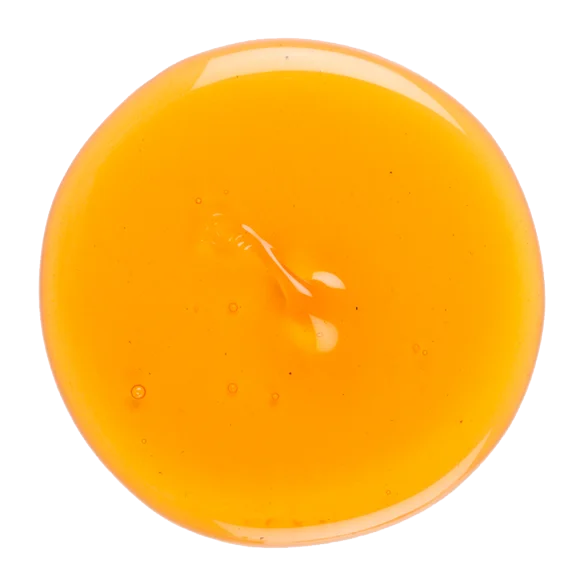
INGREDIENT
Honey
BENEFITS
Honey is a fragrant, sweet, sticky liquid made by the hard-working honeybees.
Where does Lush purchase honey?
The clear honey found in the Lush products that are made in the UK, Germany and Japan comes from Casa Apis, a cooperative in Brazil made up of 28 communities. Bees’ welfare is at the heart of their practice and the cooperative sees beekeeping as a communion with nature, a way to have better lives while helping to increase the bee population and land’s regeneration.
Our Australian and New Zealand markets have their own suppliers. Beechworth Honey supplies Australia. Through their daily work, the creation of an arboretum, charitable donations, and many other projects, they aim to support biodiversity, protect threatened habitats, and advocate for sustainable beekeeping. Cammells Honey, meanwhile, supplies New Zealand. This family-owned business prides itself on selling premium, unadulterated honey collected by experienced beekeepers.
In Lush’s best-selling soap Honey I Washed The Kids, our UK manufacturing site uses two other sources. One honey is from a network of British beekeepers, where all beehives are located on permaculture or wild lands with diverse forage all year round. The other one is Ethiopian, from a supplier committed to protecting the remaining forests of the country.
Animal Welfare
At Lush, we agree that the modern honey industry treats bees like farmed animals. To ensure their welfare is respected in our supply chain, we work with beekeepers who understand the importance of managing hives with consideration and of working in a minimally invasive way. We do not allow the use of harmful practices such as queen wing clipping or artificial rearing.
Where possible, we aim to work directly with beekeepers, but in any case, we ask for full traceability and adherence to our high standards. We actively encourage and select those who go beyond organic beekeeping and implement regenerative practices that positively impact local wildlife and the hives’ environment.
What are the benefits of honey for your skin and hair?
Humectant
Antimicrobial
Antioxidant
Protective
Conditioning
Nutrient-rich
Because of its remarkable antimicrobial and humectant properties, honey also contributes to the preservation of products’ formulae.
Bees’ busy buzz
Bees collect nectar from flowers and carry it to their hives where the worker bees convert it into honey. Half a kilogram of honey contains the essence of about two million flowers and the colour, fragrance and properties of honey vary depending on the varieties foraged. Bees need to make thousands of round trips to collect nectar, and a single bee produces only about a teaspoon of honey during its lifetime.
Dreaming of lathering up with as much honey as possible? Here’s a buzzing selection of Lush products for you!

Leave a Reply